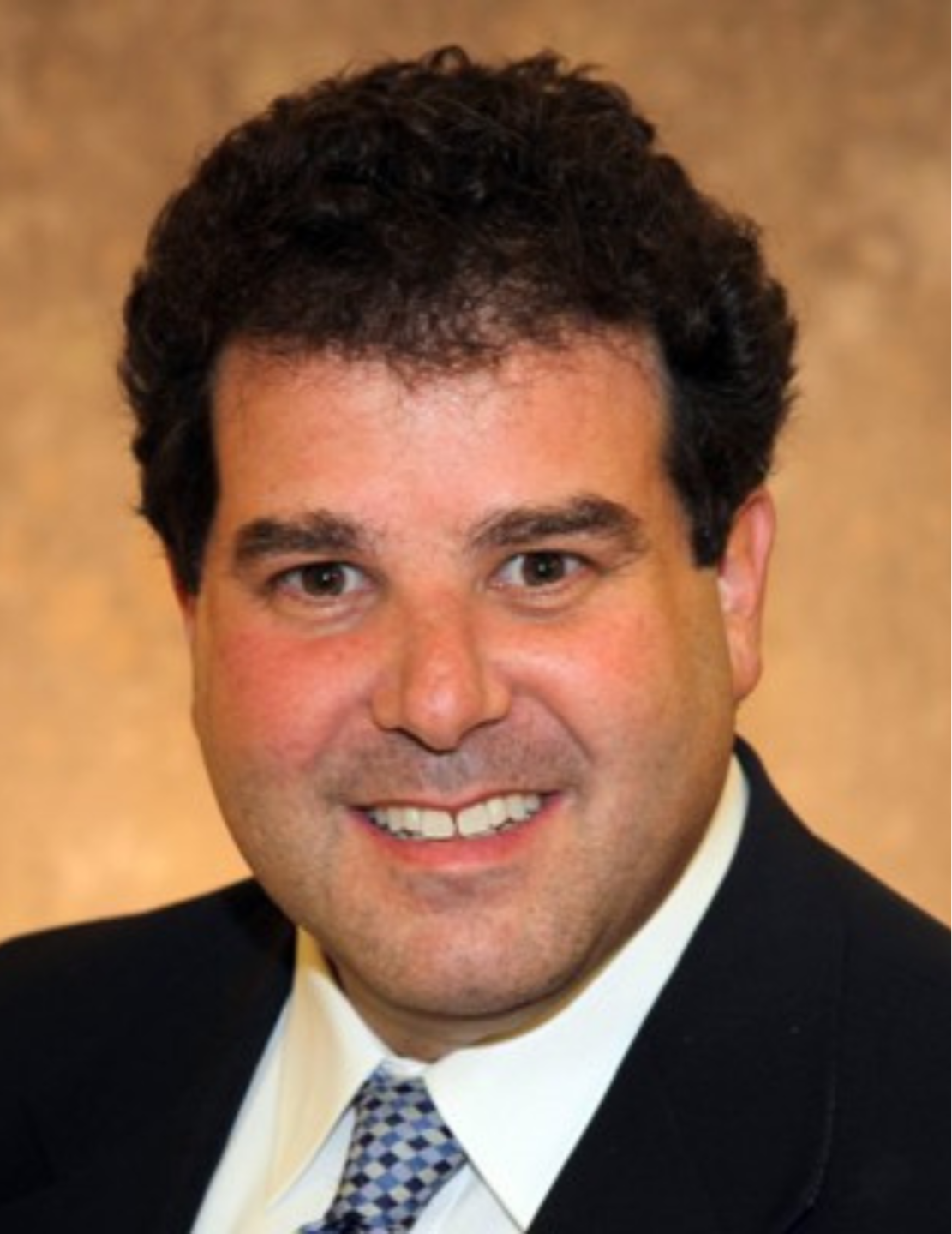SMALL BUSINESS BANKRUPTCY

Understanding Chapter 7 Bankruptcy for Small Businesses
Is your business struggling with bills? If your monthly income isn't enough to cover expenses, Chapter 7 bankruptcy could be a solution. This type of bankruptcy case helps when your business can't pay its monthly bills due to a tough economy or legal challenges. Before considering a Chapter 7 bankruptcy filing, your business must plan to shut down. Once you file for Chapter 7, your business operations must cease.
Bankruptcy can address various unsecured debts for small businesses. These debts include obligations from business leases, PPP Loans, SBA Loans, EIDL Pandemic Loans, money owed to suppliers, business credit lines, and debts from merchant services financing.
When you file a Chapter 7 bankruptcy case for your small business, it signals to all creditors that your business is no longer operational. After the bankruptcy filing, these creditors can't pursue collections from your business.
In Chapter 7 bankruptcy, the goal is to pay creditors by selling business assets. If debts remain that the owner personally guaranteed, the owner might be responsible for these debts. This situation may lead to the business owner considering personal bankruptcy protection.
Running a small business demands hard work and financial input. Business owners often use personal guarantees for business loans. When a business faces financial challenges or fails, the owner is typically responsible for the debts. In such cases, bankruptcy laws provide protection to business owners through the bankruptcy court. Our team at Michael Schwartz's Law Offices works to protect business owners using bankruptcy or other legal options.
Chapter 7 Bankruptcy Process for Your Business
When your business enters a Chapter 7 bankruptcy case, a trustee is appointed by the court. This trustee manages the sale of business assets to pay creditors. They oversee the business’s finances and assets, ensuring creditors are paid as much as possible.
A key part of this process is the 341 Meeting of Creditors. In this meeting, the trustee will question the business owner about assets that can be sold to pay creditors. The proceeds from these sales go towards settling the business's debts.
At Michael Schwartz's Law Offices, we focus on protecting your personal finances against business debts. Trust Michael Schwartz, an experienced Bucks County bankruptcy lawyer, to guide you through the bankruptcy filing process.


